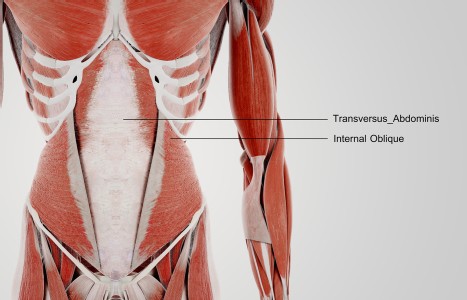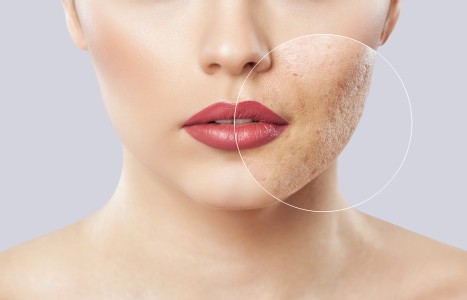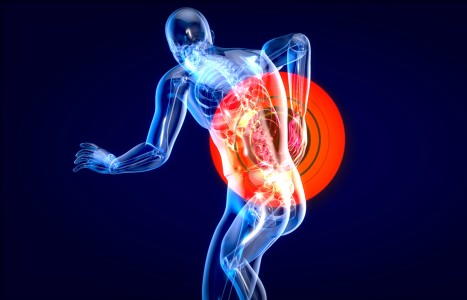TrA-2, my primary needle location, I needle 95% of the time and I think it works the best. You’ll know you have the right point location when you discover the muscle twitching when applying electric stimulation.
News in Brief
Medical Acupuncturists to Convene in Los Angeles in April
The American Academy of Medical Acupuncture's 14th annual symposium will be held April 19-21 at the Millennium Biltmore Hotel in Los Angeles. The meeting is intended to provide attendees with information on the latest acupuncture research and techniques to help providers deal with conditions encountered in everyday practice.
Featured speakers include Drs. Joseph Wong, who will present work on neuroanatomical acupuncture; Toshikatsu Yamamoto, who will discuss scalp acupuncture techniques; and Francisco Lozano, who will give a presentation on traditional Chinese medicine for gynecology and genito-urinary diseases. The symposium will also offer lectures on auricular acupuncture and energetics, as well as an introductory workshop on medical acupuncture.
While the vast majority of attendees at the AAMA meeting are medical doctors, nonphysician acupuncturists are welcome (and encouraged) to attend. For more information, visit the AAMA's website at www.medicalacupuncture.org.
Recovering Addicts in Maine Get Free "ACCESS" to Acupuncture
Most people wouldn't expect the small New England state of Maine to have the same types of drug and alcohol problems found in places like California and New York, but it does. That's why the state's Office of Substance Abuse is funding a year-long study to determine whether auricular acupuncture can reduce drug addicts' cravings for those substances.
Complimentary addiction services will be provided at the Maine Medical Center in Portland through a program called ACCESS, which stands for Adult Assertive Community Treatment. Every Monday, Wednesday and Friday, an acupuncturist will spend two-and-a-half hours at the center, offering free acupuncture sessions to recovering addicts, along with group and individual counseling.
The study "is really our first experiment around how it works with that population," said Kim Johnson, director of the Office of Substance Abuse. Although the amount of funding given to the study is rather small - just $51,000 - Johnson feels that if the results of the program are positive, "we could look at extending it" into 2003 or beyond.
The ACCESS study isn't the first time the state has attempted to provide free acupuncture treatments to recovering addicts. In the mid-1990s, a substance abuse program called Crossroads for Women offered services at a facility in Windham but was forced to close up shop after a year due to lack of funds. Around the same time, Westbrook Community Hospital tried to start a pilot program that would allow patients to use Medicaid to pay for acupuncture, but that effort, like Crossroads, was unsuccessful.
Dr. Paul Ranucci, one of the ACCESS providers, is more optimistic. After attending a presentation on acupuncture several years ago, he became determined to start a project that uses the National Acupuncture Detoxification Association (NADA) protocol for acupuncture detoxification and helped develop the current program. If acupuncture can be shown to be effective, he thinks it can be used to enable patients "to address personal matters that contribute to their substance abuse." Doing so, Ranucci said, might require patients to stay in treatment longer, but in the long run, patients would eventually become less dependent on community services and stand a greater chance of leading productive (and drug-free) lives.
Another acupuncturist participating in the program - and one of only a handful in the state certified by NADA -- is Elizabeth Garnett. She believes the study creates an ideal situation by offering acupuncture and counseling at the same location, which can improve the chances of recovery.
"Acupuncture does a great job in terms of helping deal with cravings and withdrawal symptoms, anxiety and issues that come up," said Garnett. "But in terms of behavioral changes and long-term changes that one has to make, you really need to have the counseling piece, both individual and group."


